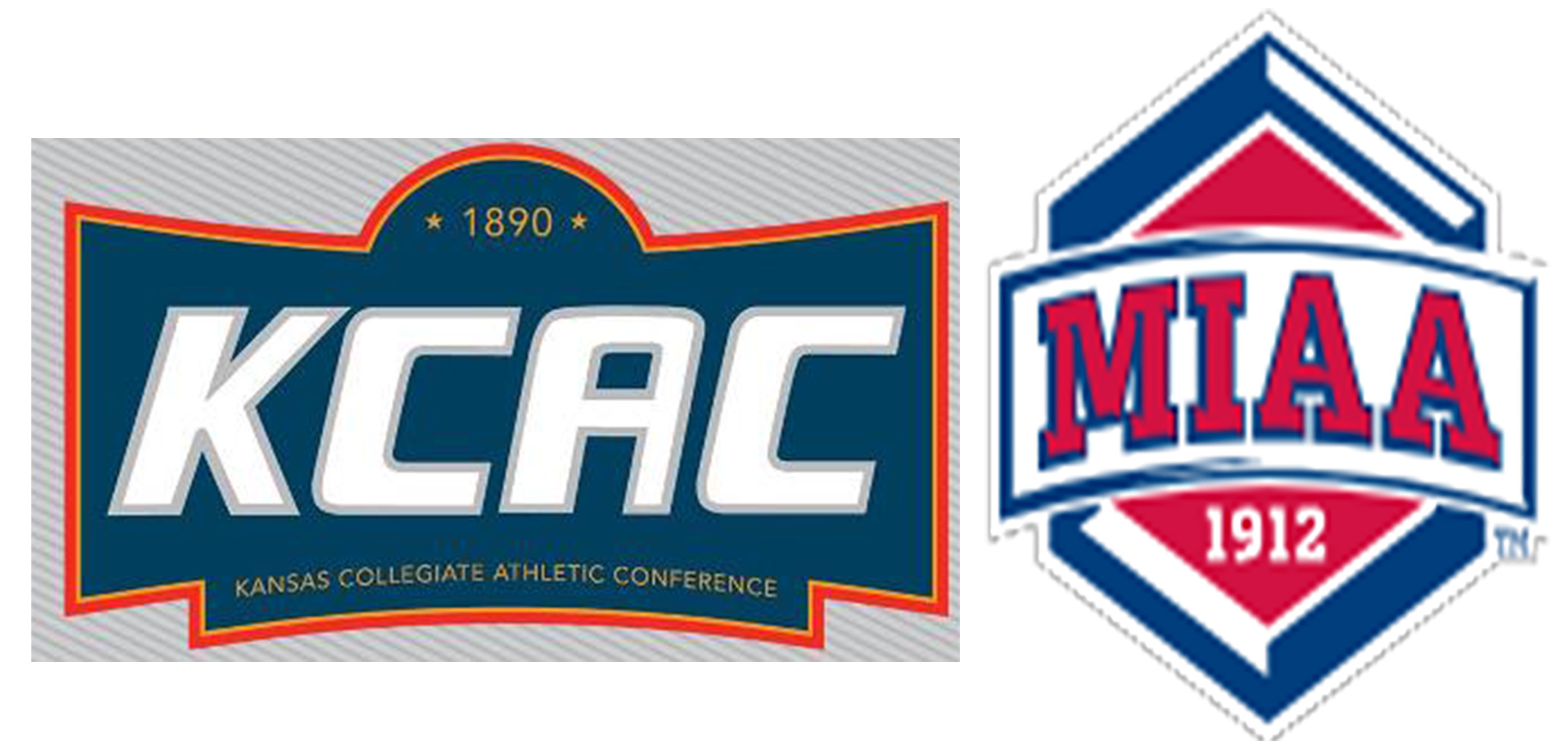Salina Regional Health Center has been awarded Primary Stroke Center Certification by the Healthcare Facilities Accreditation Program.
According to the hospital, the certification comes as validation of the hospital’s efforts to enhance stroke care in the region.
Salina Regional first began working towards Primary Stroke Center Certification in 2015 and went live with a dedicated stroke response team in April 2016 that responds to cases in the Emergency Department whenever stroke is suspected. Emergency responders can activate the team and have it ready to receive patients the moment they arrive at Salina Regional Health Center.
Members of the team include emergency room physicians, nurses, radiology staff, pharmacists and lab personnel who all have received specialized training to provide stroke care.
“This achievement has taken a buy-in from people all throughout our health care delivery system,” said Jeremiah Ostmeyer, MD, an emergency department physician and medical director for the stroke program at Salina Regional. “Area EMS providers, doctors, nurses, radiology staff, therapists and area nursing homes all have important roles to play in the diagnosis, treatment and care of stroke.”
A significant portion of the Primary Stroke Center Certification revolves around staff education and performance improvement. All response efforts are closely tracked, analyzed and reviewed to create a culture of performance improvement. Salina Regional had to collect 12 months of stroke response data and show improvement in its processes before it could be considered for certification.
“This achievement marks a good start to our program, but really it’s only a beginning,” said Rachelle Giroux, RN, trauma and stroke program director at Salina Regional. “Our focus is to improve quality by tracking our efforts and outcomes in order to continually improve stroke care to the region.”
Public education also is key to improved outcomes from stroke. The acronym FAST is often used to help enhance response to stroke victim needs. Facial drooping, Arm weakness, Speech difficulties and Time to call emergency services are important symptoms to recognize and action to take for stroke. Staff members have distributed FAST stroke educational cards at a number of public events this past year and plan to continue the effort.
Salina Regional is well suited to be a Primary Stroke Center with emergency services available around the clock, its capacity as a regional referral center for critically ill patients, specialists in neurology and neurosurgery on staff and an inpatient rehabilitation program on site.
Salina Regional’s efforts also align with a statewide initiative through the Kansas Heart and Stroke Collaborative to have a Primary Stroke Center serving each geographical area of the state. Comprehensive Stroke Centers are located in Kansas City and Wichita.
Stroke is the fifth leading cause of death in the United States according to the US Centers for Disease Control and Prevention and a leading cause of disability.
“Coordination of stroke care is critical,” Ostmeyer said. “We must maintain open communication with regional hospitals, EMS providers and our Comprehensive Stroke Centers in order to get patients the proper level of care they need. Community recognition of symptoms for stroke also is important.
“Time is brain cells,” Ostmeyer said. ”Potentially the sooner we can begin a treatment plan for a patient, the greater the outcomes can be.”
—
Information from Salina Regional Health Center



